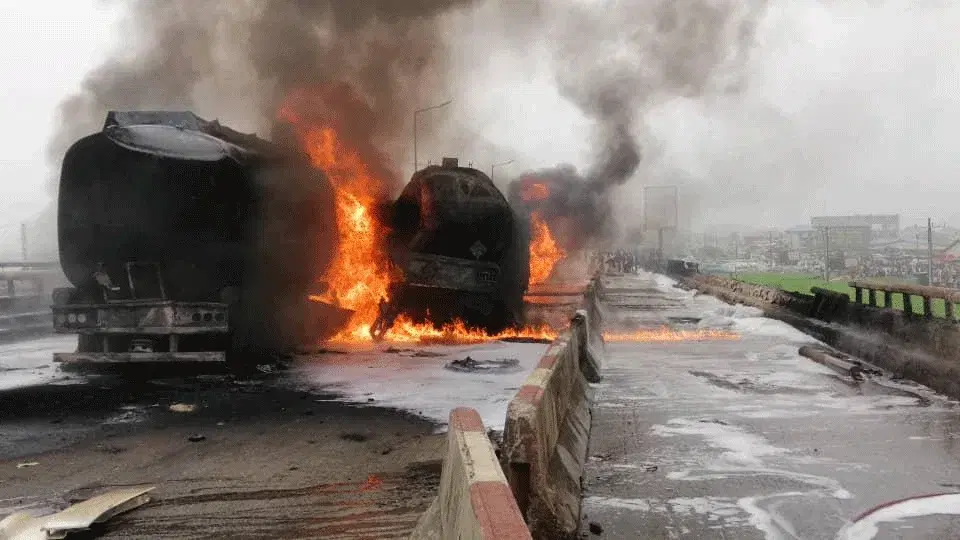A major setback towards efforts to increase the acceptance and adoption of Compressed Natural Gas-powered vehicles took place yesterday on Karu Bridge, in the Nyanya area of the Federal Capital Territory, Abuja. The accident which led to the loss of lives has been attributed to a failure in brake system which led to a collision and subsequent explosion of a bi-fueled truck.
The Presidential CNG Initiative (PCNG-i) in a statement released via X called the incident a “tragic” one while imploring the general public to await the outcome of further investigation on the cause of the explosion. The PCNGI has been charged with the responsibility to get Nigerians to trust and accept the CNG technology by converting their Internal Combustion Engines (ICEs) to gas-powered.
Following yesterday’s incident in Abuja, in addition to the misgivings surrounding the technology, industry watchers and analysts say the adoption and acceptance rate to this technology is expected to slump in the short and medium term. Our readers could recall our article “hurdles on the road to CNG”. A primer on some of the challenges envisaged to be encountered by the proponents of this technology.

